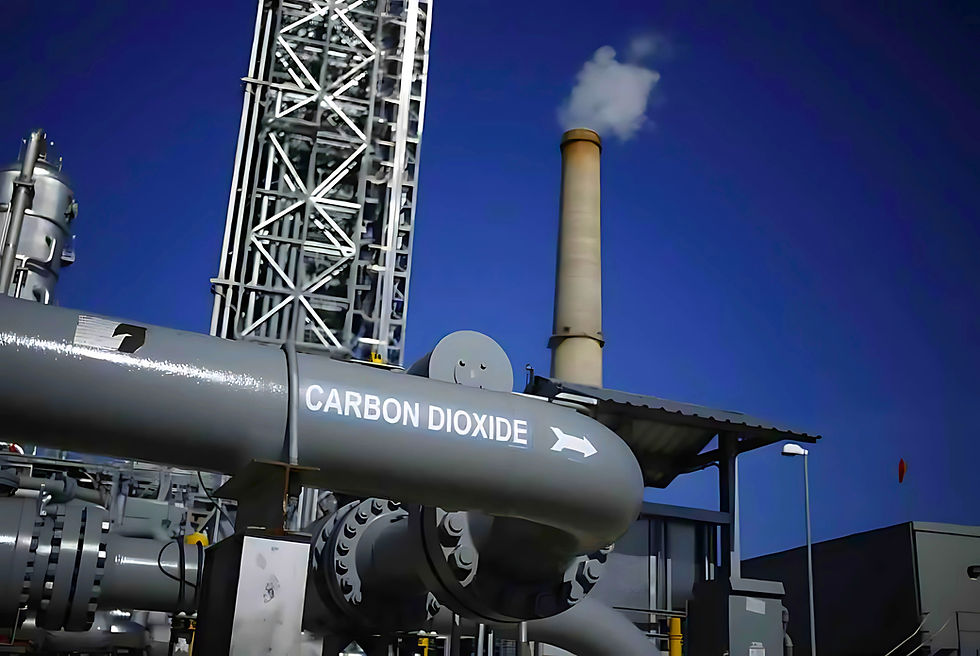The Evolution of Solvent Direct 3 Phase Cylinder Decontamination™
- Solvent Direct

- Aug 31, 2020
- 2 min read
Updated: Feb 20, 2021
In the early days of chemical extractions the industrial handling of instrument grade gases caused health, safety and compliance concerns for extractors. Standards such as FDA CFR Section 211.80 to Section 211.94 called for the cleaning and disinfection of medical cylinders such as Oxygen and Nitrogen, but these gases do not have the inherent petroleum exposures found in Butane, Propane and Isobutane. Traditional LPG cylinder handling standards were simply not good enough for extraction.
We set out to find a better way. Working closely with chemical and petroleum engineers, cylinder manufacturers and Purdue University, the goal was to engineer a solution designed to maintain a chain of custody that would meet and exceed instrument standards from the point of refinement to end user without exposure to petroleum waste sediment accumulations, harmful particulate or cross contaminations.
After extensive research and development researchers found a combination of techniques used in the food, chemical and pharmaceutical industries were most effective for regular decontamination of instrument grade LPG cylinders. This research led to the development of our revolutionary 3 Phase Decontamination™ cylinder cleanings. "By partnering with an industry leader of 70+ years experience in the North American cylinder market, we were able to quickly build our first cleaning facility and bulk filling site" said President and CEO of Solvent Direct, LB Shontz. "This facility was specifically designed to maintain instrument grade standards all the way to the end user for extraction gases by cleaning every cylinder, before every refill."
At Solvent Direct hydrocarbon specialists carefully disassemble, inspect, decontaminate and dry the entire LPG cylinder and all it's parts, before every refill. This process prevents the transfer of toxic sediment accumulations, cross contaminations and other industrial waste particulate commonly found inside LPG cylinders. At Solvent Direct, we certify every cylinder to insure a complete decontamination of the cylinder. Certifications are signed off by our technicians on the Certificate of Decontamination (COD) for the cylinder which accompanies the Certificate of Analysis (COA) of the gas.
With a clean COA and a clean COD, Solvent Direct clients rest assured the instrument standard remains unaltered by "mystery oil" accumulations commonly found in uncertified LPG cylinders. Our customers no longer waste time and money distilling toxic waste accumulations, sediments and heavy metals from their solvent before running. "Building Solvent Direct organically from the ground up, means we have complete control over our supply chain. We make decisions in the interest of safety, purity and the success of our clients. This is our commitment to you."
To learn more or to place an order, please call 1-833-Pure-Gas or visit www.solventdirect.com








Comments